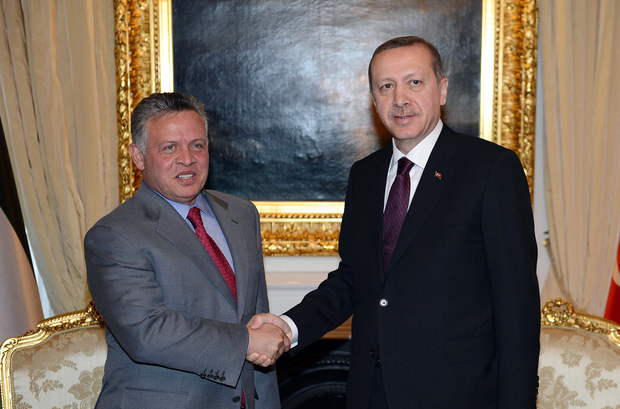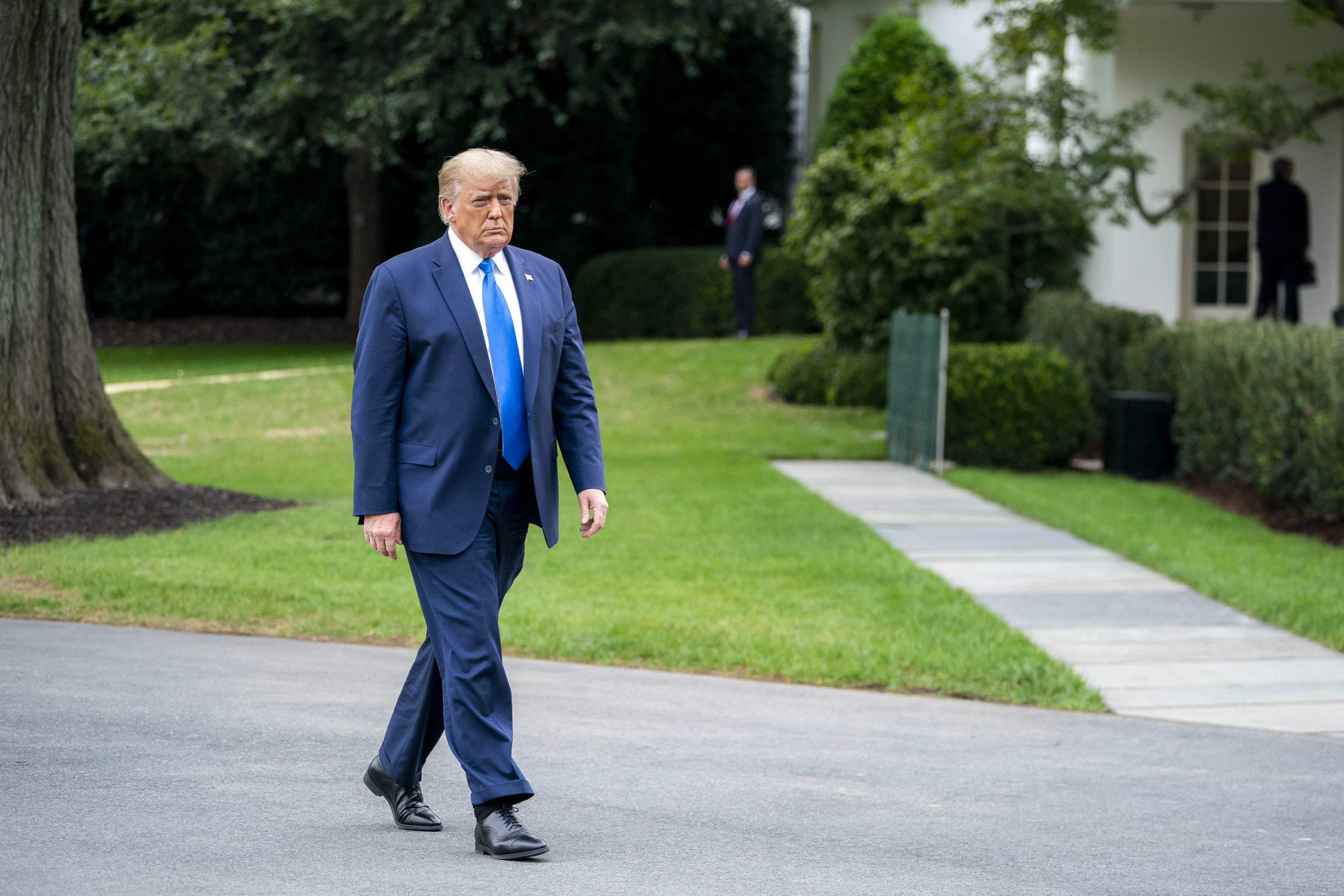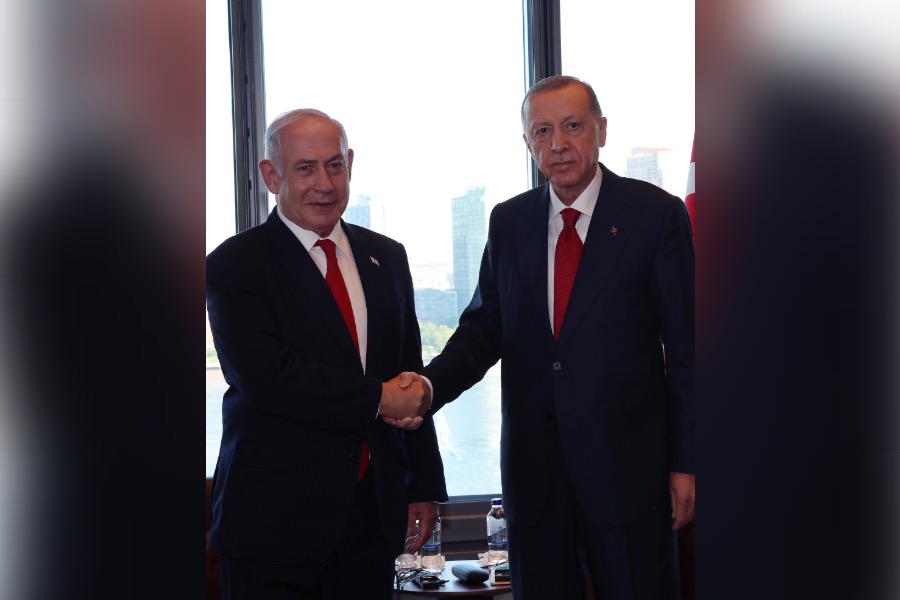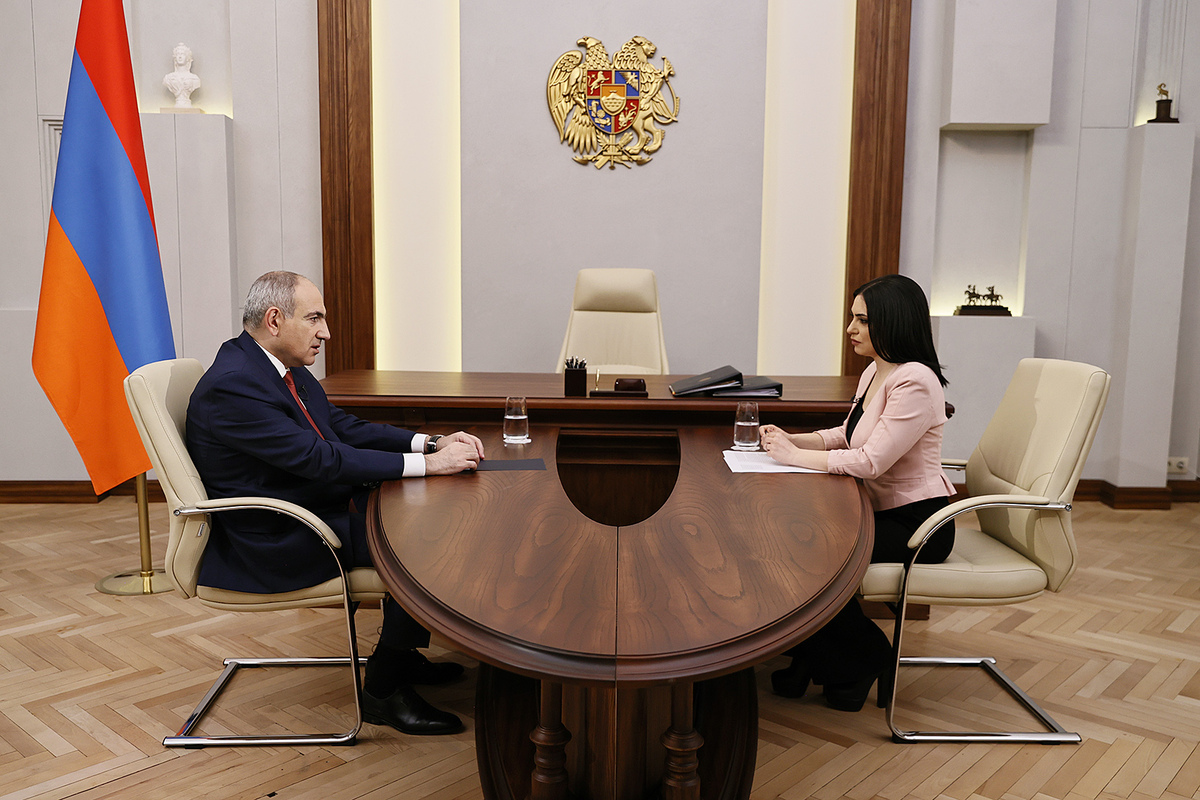Why Turkey Accepted Jordan’s Demand to Revise Their Free Trade Agreement?

Before the recent turmoil in relations between Turkey and several countries in the Middle East and Europe, as well as with the United States, Syria and Jordan had signed a Free Trade Agreement and visa-free travel with Turkey hoping to benefit from its growing economy.

Relations between Syria and Turkey quickly deteriorated starting in 2011 when Turkey supported Islamic Jihadists, undermining the regime of Syrian President Bashar al-Assad. Earlier this year, going a step further, Turkey brazenly invaded Northern Syria, occupying the town of Afrin and announcing the intention to expand its invasion.
Consequently, the mutual trade agreement and visa-free travel between Turkey and Syria were cancelled. Recently, Jordan suspended its own trade agreement with Turkey, after warning repeatedly that it was one-sided and benefited Turkey much more than Jordan. Turkish exports to Jordan in 2016 amounted to $710 million, whereas Jordan’s exports to Turkey totaled only $102 million.
Jordan pledged to reactivate the agreement if Turkey agreed to certain revisions, including “the Turkish side’s consent to protection measures Jordan will design to protect local industries, increasing Turkish technical assistance to Jordan as stipulated by the FTA [Free Trade Agreement], and reconsidering the ‘strict’ rules of origin specifications applied by Turkey,” according to The Jordan Times.
Surprisingly, Turkey consented to renegotiate the Free Trade Agreement, which was signed in 2011. This was a departure from Turkey’s usual aggressive tactic to threaten and bully both friends and opponents to submit to its wishes.
The government of Jordan should be commended for its tough stand in defense of its interests, despite the fact that, in recent months, several developments had strengthened Turkey-Jordan relations. Both countries vehemently criticized U.S. President Donald Trump’s recent decision to relocate the U.S. Embassy to Jerusalem from Tel Aviv. On Feb. 21, the two countries also signed a military cooperation agreement. Furthermore, Turkey had agreed to “exempt 500 Jordanian goods from customs duties,” according to the Al-Monitor news website.
Professor Pinar Tremblay, in an Al-Monitor article analyzed the four factors that would impact the renegotiation of the Turkish-Jordanian trade agreement.
The first obstacle is the displeasure of Saudi Arabia, UAE and Egypt with Turkey for supporting their antagonist Qatar. Saudi Crown Prince Muhammed bin Salman went as far as calling Turkey a member of the “Triangle of Evil” along with Islamic militants and Iran. The anti-Turkish posture of Saudi Arabia, UAE and Egypt puts pressure on Jordan to be more cautious in its relations with Turkey. The reason Turkey is trying to accommodate Jordan is to break out of its isolation from major Sunni Arab countries.
The second obstacle is most Sunni leaders’ hostility towards Iran. This antagonism spills over the resentment of Turkey by Saudi Arabia, UAE and Egypt due to persistent Turkish relations with Iran. Turkey is trying to boost its relations with Jordan, because of its need for allies in the Arab world. In recent years, Turkish President Erdogan has aspired to become the leader of Sunni Muslims rivaling Saudi Arabia, the home of Islam’s two holy sanctuaries: Mecca and Medina.
The third obstacle is Saudi Arabia’s desire to spread its influence over the Arab world opposing Turkish expansionist policies. That is why Saudi Arabia and Turkey are competing for the friendship of the Kingdom of Jordan, among others. Tremblay reported that “at the end of December, Turkey acquired a 99-year lease from Sudan for Suakin Island, increasing Turkey’s presence in the Red Sea. This move has unnerved the countries that identify themselves as ‘the Arab Anti-Terror Quartet’ (Egypt, Saudi Arabia, the UAE and Bahrain). Turkey’s relations with African nations are flourishing. Not everyone is happy about such developments, and this could cause problems for Turkish-Jordanian relations.”
Professor Tremblay described the fourth challenge as financial: “Turkey wants Jordanian markets but faces roadblocks posed by Gulf countries. Since March 2016, Turkey and Jordan have been trying to plan, without success, a maritime route between Turkish ports (Iskenderun) and Jordan’s port of Aqaba to reach out to Gulf markets. Yet without political compromises, economic cooperation does not seem sustainable in the region. Turkish Airlines restarted direct flights March 19 between Istanbul and Aqaba. Intriguingly, also in March, the Saudi crown prince was in Cairo discussing the proposed multibillion-dollar King Salman Bridge to link Egypt and Saudi Arabia through the entrance of the Gulf of Aqaba; some see this as a reaction to the Aqaba flights and the maritime route project. During his March 12 visit to the Jordanian capital of Amman, the UAE foreign minister reportedly promised to help Jordan with its various economic challenges and establish stronger regional ties. Turkey believes these developments are behind Jordan’s suspension of the free trade agreement. Jordanian business people and analysts concur that the UAE and Saudi Arabia had a hand in the suspension decision.”
Tremblay concluded that “Turkey desperately needs to diversify its opportunities in foreign policy. Repeated mistakes and costly failures have significantly limited Turkish foreign policy options in the past. In the past decade, Turkey’s ambitions and rhetoric have not matched its capabilities and achievements. Yet in regard to the free trade agreement with Jordan, Ankara is not only determined but also well-organized. If Turkey can overcome the obstacles outlined, a free trade agreement revision would indeed be a win for Ankara.”








